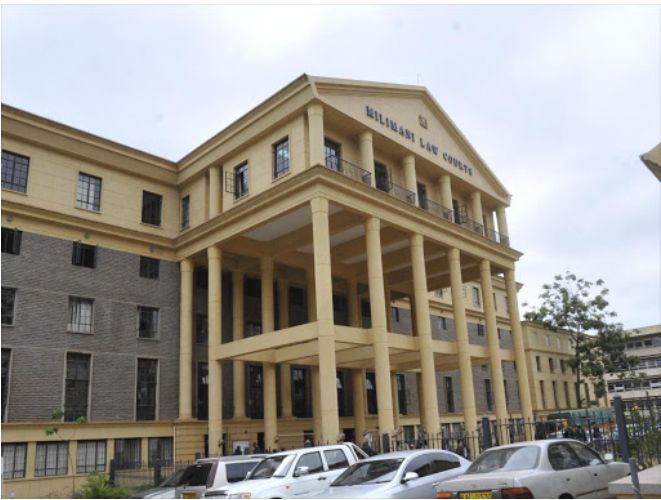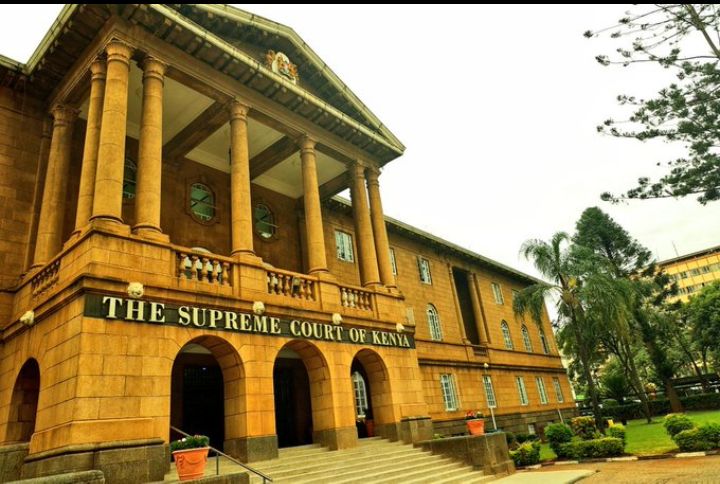
Finance Act of 2023, despite its far-reaching implications for various sectors and stakeholders in the economy, has surprisingly lacked substantial public discourse.
This concerning silence deprives wananchi of the opportunity to voice their concerns, understand the potential consequences, and hold lawmakers accountable for their decisions.
The Kenyan Kwanza government appeared focused on pushing it through without engaging in intellectual discussions with Azimio leaders or allowing for robust deliberations in the budget committee, parliament, and the senate.
Threats of consequences for non-support further stifled any potential dissent.
Nevertheless, amidst this atmosphere, a number of legal heavyweights and institutions have taken the matter to court, providing a platform for intellectual freedom and comprehensive discourse on legal, economic, social, and intellectual aspects related to the Finance Act.
Justice Mugure Thande at the Milimani Law Court has acknowledged the substantial questions of law raised by over six petitions under Article 165(4) of the Constitution, forwarding them to Chief Justice Martha Koome to constitute a panel of judges for a hearing.
One of the petitions that stands out is E181 of 2023 by Senator Okiyah Omtatah, which has temporarily suspended the implementation of the Finance Act until a three-judge bench hears the case.
However, it remains uncertain when the final determination of this legal challenge will take place.
Furthermore, the focus of Omtatah’s petition seems to be more on the suspension of the Act rather than its complete withdrawal.
Nevertheless, a noteworthy petition that supports Senator Omtatah’s efforts is one filed by activists, who have extensively explored avenues of public participation and taken a broader approach to the issues at hand.
The activists’ petition centers on the controversial Section 10 of the Finance Act 2023, which introduced taxes on digital assets by amending the Income Tax Act.
This section encompasses cryptocurrencies, token codes, non-fungible tokens, and any revenue generated through their transfer or exchange.
According to the activists, the inclusion of digital assets in the Finance Act has generated controversy among the public, who find themselves subject to its provisions.
They argue that imposing taxes on a sector lacking a legal framework exposes citizens to risks and potential government misuse when the law is vague.
Currently, digital assets in Kenya lack regulation or support from any government organization, making it inappropriate to enforce taxes on them.
In comparison to Omtatah’s petition, the activists have extensively explored avenues of public participation.
They relied on the Approved Report on the Consideration of the Finance Bill (National Assembly Bill No. 14 of 2023) dated June 13, 2023, which presented various stakeholders’ perspectives.
However, the Departmental Committee on Finance and National Planning dismissed the proposals put forth by stakeholders such as RSM Eastern Africa Consulting Limited, American Chambers of Commerce, the Furniture Association of Kenya, Mak and Partners LLP, Wangui Mwaniki, Wangui Karuga, Benson Odiwuor Advocates, and the Civil Society Parliament Engagement Network.
Despite the rejection, these provisions were preserved under Section 30 of the Finance Act 2023.
The activists argue that public participation on such critical laws should be enhanced by providing resources like facilitated public forums and ample time.
Unfortunately, the Finance Act was signed into law merely three days after the 508-page report on public participation was released, making it nearly impossible for an average Kenyan to read and provide feedback within such a short timeframe.
The activists further highlight the committee’s minimal effort to document the views of the general population, with the report primarily reflecting the perspectives of professional and consulting businesses.
Concerns are raised about the legitimacy of several sections, which were enacted without undergoing public participation in the National Assembly.
The activists’ petition delves into further details regarding the negative implications of implementing the 1.5% Affordable Housing Tax under Section 84 (31B) (4) of the challenged Act on employees and businesses.
They argue that certain sections of the Finance Act 2023 violate the Constitution of Kenya 2010.
According to their petition, these sections are unconstitutional as they enable the National Assembly to unilaterally amend Acts of Parliament passed by both the National Assembly and the Senate.
Omtatah’s petition also questions the validity of the method used to enact these provisions, as they address matters that do not fall within the definition of “a money bill” as outlined in the Constitution.
The activists argue that several provisions of the Finance Act 2023 were discreetly included between the period of parliamentary assent and obtaining presidential assent.
Consequently, they are seeking to amend their petition to address these concerns.
Considering the comprehensive nature of the activists’ petition and their request to consolidate all the petitions, it is expected that the upcoming hearing will offer at least temporary relief from the burden of the Finance Act, or ideally lead to a ruling that the Act should be withdrawn altogether.
Given the weighty issues raised and the significant impact on taxpayers and revenue collection, it is imperative that the hearing provides a fair resolution to this matter.
Professor Fred Ogola is the leader of Linda Ogatuzi Lobby Group_
DISCLAIMER: The information contained in or accompanying this e-mail is intended for the use of the stated recipient only. It may contain confidential, proprietary or legally privileged information.
No confidentiality or privilege is waived or lost by any mistransmission. If you receive this message in error, please immediately delete it and all copies of it from your system, destroy any hard copies of it and notify the sender.
You must not, directly or indirectly, use, disclose, distribute, print, or copy any part of this message if you are not the intended recipient. Any views or opinions presented herein are solely those of the author and do not necessarily represent those of the SafiNews [safinews.co.ke]


Hi there! I could have sworn I’ve visited this website before but after going through a few of the posts I realized it’s new to me. Nonetheless, I’m certainly pleased I discovered it and I’ll be book-marking it and checking back often!
**mitolyn**
Mitolyn is a carefully developed, plant-based formula created to help support metabolic efficiency and encourage healthy, lasting weight management.
**aqua sculpt**
aquasculpt is a premium metabolism-support supplement thoughtfully developed to help promote efficient fat utilization and steadier daily energy.